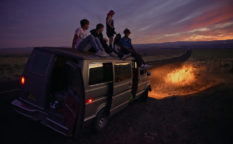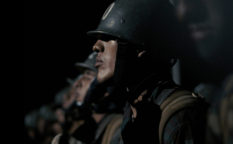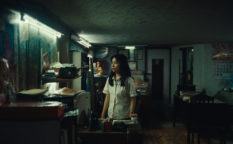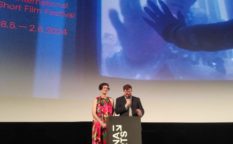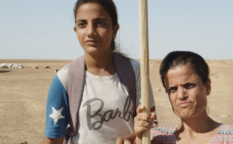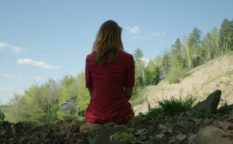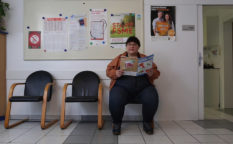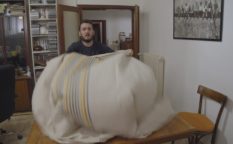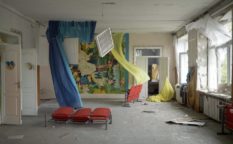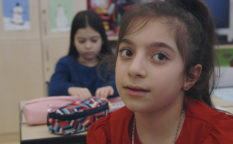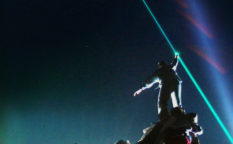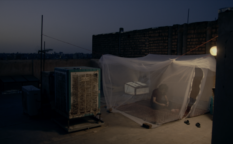Locarno review: Full Night (2023)
Locarno Film Festival
Pardi di Domani International Competition
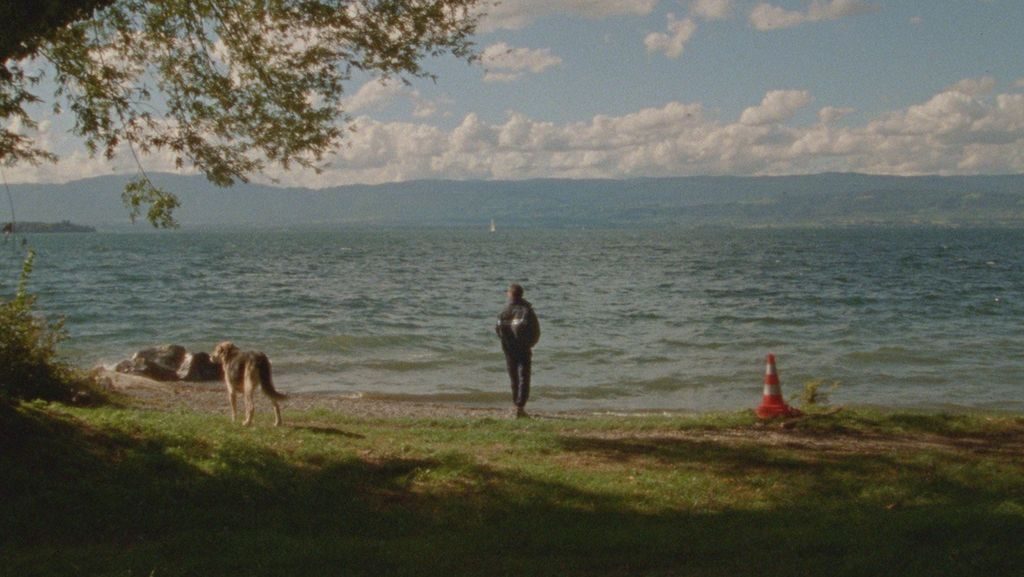
The tales we’ve been told since our childhood define our way of thinking, and those told in films and media cement them. Grandfathers fought the world wars, grandmothers stayed home to take care of children and households. Belgian director Manon Coubia, the Golden Pardino – Leopards of Tomorrow winner for L’Immense Retour in 2016 is back in Locarno with a short loosely built around the tales heard from her grandparents and grand grandparents about Belgian women who were active participants in Ressistance. It is therefore completely reletable that her drama Full Night shot on 16mm that world-premieres in Leopards of Tomorow International Competition was dedicated to her source of inspiration. It is also a film that reverses the standard narrative about women’s passive role in the country’s liberation from German occupation.
Louison (Salomé Richard) arrives to her grandmother’s pitoresque house overseeing the lake to spend a relaxed week-long holiday. It’s summer and the weather plays along. When an elderly fisherman (Vincent Coly) briefly stops to say hello from his boat, she eagerly joins him to help catch some fish and then returns to soak up the sun in front of the house.
Coubia stays faithful to the analogue photography in her fourth short, turning the landscape into a vintage postcard that serves two purposes: erasing the borders between the past and the now, and becoming an ideal setting for the voiced-over account of the forgotten part of history. The granular texture of the film is dreamy and calm on the one hand, at the same time allowing the dream-like sequences to emerge, introducing eerie components to the narrative.
When a police unit suddenly appears on the beach right in front of her face, Louison gets informed by the inspector that on 17th September 1943 her grandmother Francoise, under another name and in charge of the second FTP company, Margencel branch allegedly diverted weapons from a parachute drop at Sciez. The weapons for the secret army, according to him, where then diverted to the FTP, a former communist Resistence movement. The police believes that a hundred Sten machine guns are burried off-shore on the property. She also learns that her grandmother’s Ressistance name was Messaline The Red, and that she belonged to the group that refused to return the weapons in 1945, but following a denunciation in 1953 disposed them off in the lake.
Imagine hearing such things from a stranger about your granny who took care of you and made the best pancakes in the world. Insanity, right? While the police squad is cordoning the zone to prepare everything for the arrival of a demining team, Louison makes that one phonecall to tease her granny about the crazies who call her “Messaien The Red”, but the response she gets is nothing she had expected.
There is an abrupt switch in the narrative, and the voice-over tells a story about a group of women who were passing messages to the Ressistance during the war: “Nobody would have guessed, yet they hid messages in their buns, bycicle handlebars, and in their babies’ prams and nappies. They didn’t rest and refused to be distracted from their project: freedom.” As all women belonged to the communist movement, they were convinced that revolution would surely follow after the war was over, which is why they never returned the weapons. They were ready for the moment of other, total liberation.
The film’s finale is a welcome continuation of the historical study, and it enters a domain of genre. It is a matter of interpretation what happens on the beach right in front of the house. Are the ghosts coming to aid of Louison’s grandmother, or are they living creatures?
Full Night challenges the official history books and makes us rethink the tales about the wars and their heroes in an unpretentious, meditative manner.
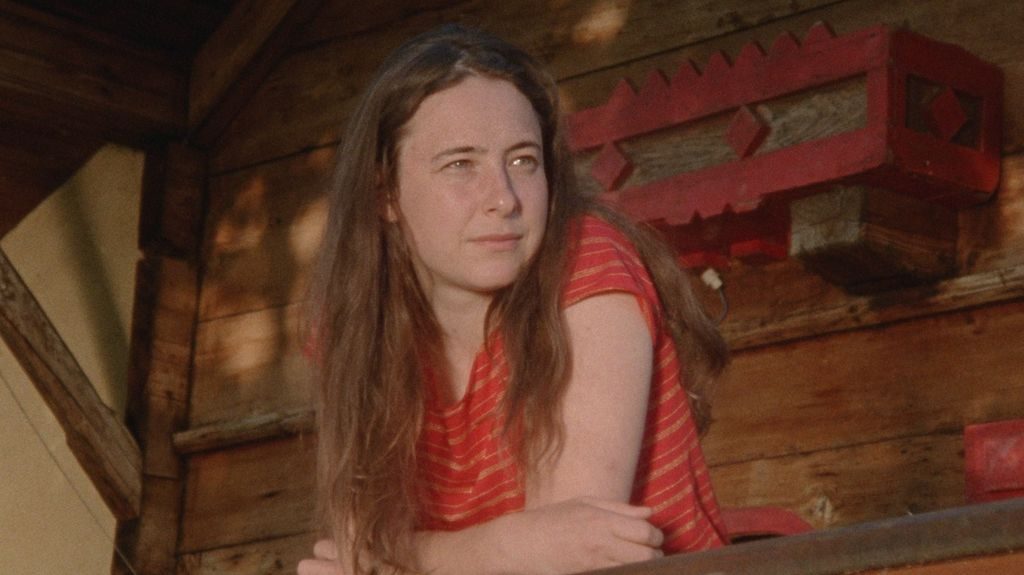
Original Title: Pleine Nuit
Country: Belgium
Language: French
Directed by: Manon Coubia
Production: The Blue Raincoat
Co-production: EL FILMS (FR)
With the support of: la Fédération Wallonie Bruxelles, du GSARA, Taxshelter and Shelter Prod.
Runtime: 15 minutes
Format: 16 mm
With: Salomé Richard
Cinematography: Robin Fresson
Sound: Aline Huber
Editing: Manon Coubia MANON COUBIA
Assistant Director: Esther Laurent Baroux
Script girl/ Costume: Rita Santin
Sound Mixing: Maxime Lombaerts, Jean Noel Boisse
Production Manager: Hortense Midia
Sales: CBA


